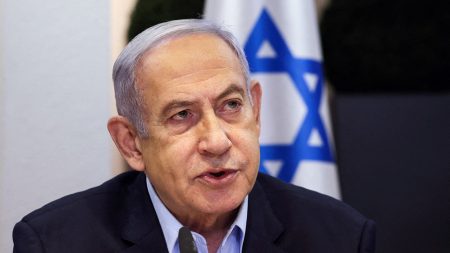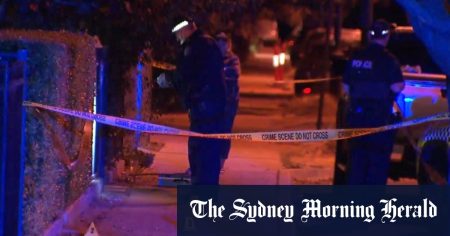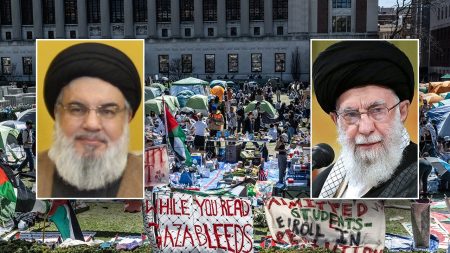Russian authorities have been cracking down on dissent in the country, leading to the detention of six journalists, including Antonina Favorskaya, who covered the trials of opposition politician Alexei Navalny. Favorskaya was accused of participating in an extremist organization by posting on Navalny’s Anti-Corruption Foundation social media platforms. She was detained after laying flowers on Navalny’s grave and spent 10 days in jail before being charged again and ordered to appear in court. Other journalists, including Alexandra Astakhova and Anastasia Musatova, were also temporarily detained after trying to visit Favorskaya in the detention center.
Two journalists, Ekaterina Anikievich and Konstantin Yarov, were detained by police while covering the search of Favorskaya’s home. Yarov was beaten by police, threatened with sexual violence, and taken to a hospital. He is now facing charges of disobedience towards the police and risks 15 days of detention. In Ufa, Olga Komleva, a reporter for RusNews, was also detained and accused of extremism and involvement with Navalny and his organization. The Russian authorities have designated Navalny’s Anti-Corruption Foundation as an extremist organization, which can lead to prison sentences for those associated with it.
Kira Yarmysh, Navalny’s spokeswoman, stated that Favorskaya did not publish anything on the Foundation’s platforms and suggested that Russian authorities targeted her because of her work as a journalist. The crackdown on dissent in Russia has resulted in the targeting of opposition figures, journalists, activists, and members of the LGBTQ+ community. This sweeping crackdown aims to silence any form of criticism against the government and ensure that dissenting voices are suppressed. The detention of Favorskaya and other journalists highlights the dangers faced by those who speak out against the Russian government and its policies.
The Russian government’s actions towards journalists and activists have been widely condemned by media freedom organizations such as Reporters Without Borders. These organizations have called for the immediate release of the detained journalists and an end to the crackdown on free speech in Russia. The targeting of journalists for simply doing their job and reporting on important issues is a clear violation of press freedom and human rights. The international community must continue to pressure the Russian government to respect the rights of journalists and allow for the free flow of information in the country.
The detention of journalists and activists in Russia is part of a broader trend of authoritarianism and censorship in the country. Russian President Vladimir Putin has been cracking down on dissent and political opposition, using tactics such as arbitrary detentions, harassment, and violence to silence critics. The international community must speak out against these abuses and hold the Russian government accountable for its actions. It is essential to support journalists and activists in Russia who are risking their lives to bring attention to human rights abuses and government corruption in the country.
The detention of Antonina Favorskaya and other journalists in Russia is a stark reminder of the dangers faced by those who speak out against the government. The Russian authorities must immediately release the detained journalists and respect their right to freedom of expression. The international community must continue to monitor the situation in Russia and hold the government accountable for its violations of press freedom and human rights. Solidarity with journalists and activists in Russia is essential to ensure that their voices are not silenced and that they can continue to work towards a more open and democratic society.















